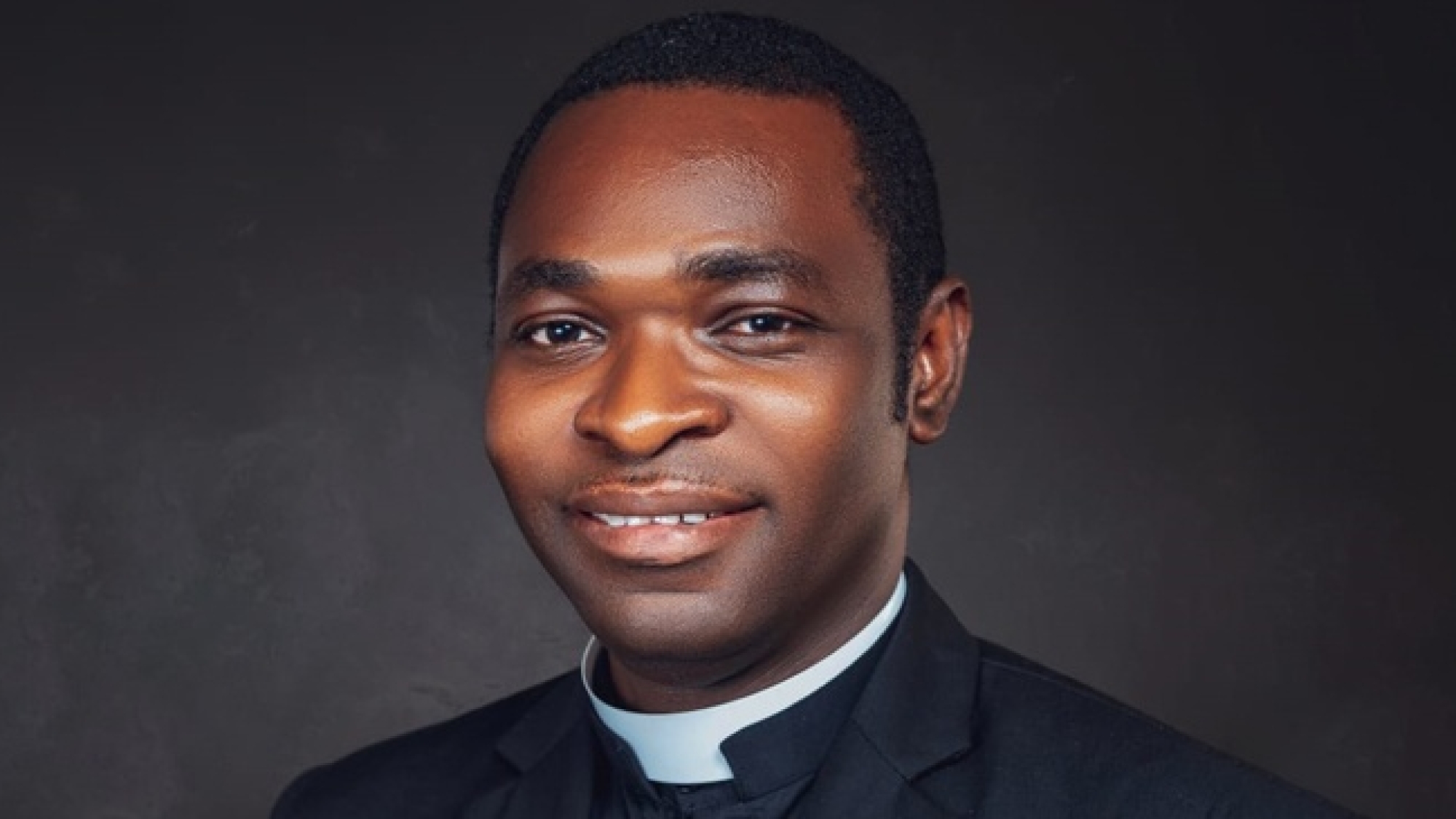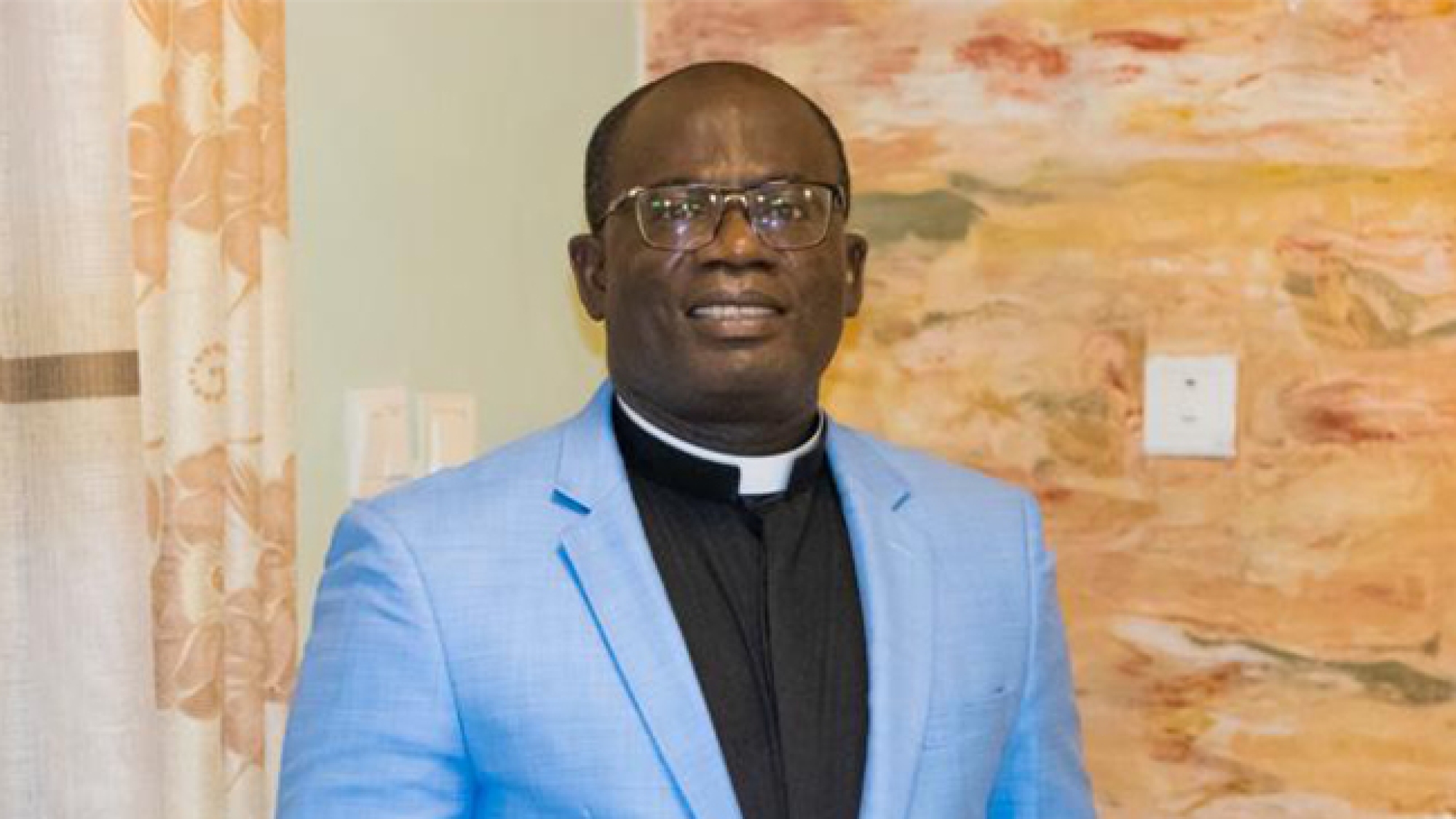In a world filled with uncertainty and challenges, it is imperative for the youth to be firmly rooted in Christ before they can truly make a lasting impact. Drawing inspiration from the book of Colossians, the apostle Paul sought to encourage the Colossian church, commending them for their love, faith, and hope in the Lord Jesus. He urged them to take responsibility for their spiritual growth and to be grounded in Christ, even without immediate supervision from leaders. His hope was that as these believers became firmly established in their faith, they would be repositioned to make a significant impact not only in their own lives but also in the lives of others.
Being grounded in Christ is a lifelong journey of faith and spiritual development. It begins with fostering a personal relationship with God, as highlighted in John 10:27-28 and James 4:8a. For the youth to be firmly grounded, they must engage in studying and applying the Word of God, as emphasised in Psalm 119:105 and Psalm 119:9-11. Moreover, they should cultivate a consistent prayer life, setting aside quality time to communicate with and wait upon God. The youth can also practice spiritual disciplines such as fasting and seeking God’s guidance through intentional periods of waiting.
Furthermore, it is vital for the youth to immerse themselves in the power of the Holy Spirit, who serves as their guide and anchor in Christ. The Holy Spirit empowers them to live out their faith and equips them to face the challenges of the world. Additionally, active participation in various church activities, such as playing musical instruments, joining the choir, participating in Bible study classes, becoming ushers, and engaging in evangelism outreaches, contributes to the grounding process. Through these avenues, the youth acquire stability and depth in their relationship with Christ, strengthening their Christian roots.
Being grounded in Christ also entails bearing fruit in line with Galatians 5:22-23. Fruit-bearing is a continuous process wherein Christian youth become strong in their faith and are then positioned to make maximum impact. Be inspired by the remarkable impact of Daniel and Joseph, two individuals whose lives serve as powerful examples of what can be achieved when one is grounded in Christ.
Daniel, known for his unwavering faith and devotion to God, found himself in a foreign land as a captive. Despite the challenging circumstances, he remained steadfast in his commitment to God’s principles and refused to compromise his beliefs. Through his exceptional wisdom and God-given abilities, Daniel rose to prominence in the Babylonian Empire. His integrity and trustworthiness caught the attention of King Nebuchadnezzar, who appointed him as a high-ranking official. Daniel’s influence extended far beyond his own position; he played a pivotal role in advising and guiding the king, making decisions that shaped the fate of the kingdom. His faithfulness and reliance on God allowed him to interpret dreams, provide divine counsel, and even survive the perilous den of lions. Daniel’s impact on the Babylonian Empire was immense, as he exemplified godly character and demonstrated the power of living a life grounded in Christ.
Similarly, Joseph’s journey was filled with adversity and trials. From being sold into slavery by his own brothers to facing false accusations and imprisonment, Joseph remained faithful to God and maintained his integrity. Despite his circumstances, Joseph used the wisdom and insight God had given him to interpret dreams. Eventually, his abilities were recognised by Pharaoh, the ruler of Egypt, who appointed him as second in command. Joseph’s wisdom and foresight during a time of great famine not only saved Egypt from starvation but also impacted the surrounding nations. Through his position, Joseph was able to bring restoration, reconcile with his family, and influence the course of history. His faithfulness and reliance on God allowed him to rise above his circumstances and make a lasting impact.
Drawing inspiration from the lives of Daniel and Joseph, today’s Christian youth can aspire to make a difference in various fields. Just as these individuals influenced nations and societies, the youth of The Church of Pentecost can rise to prominence and bring positive change to Ghanaian society and beyond.
One practical area where the youth can make maximum impact is in politics. By actively engaging in political processes, Christian youth can contribute to shaping policies and governance that align with biblical principles. By upholding moral values and advocating for transparency, Christian politicians can inspire a new generation of leaders and positively impact the political landscape.
In addition to politics, the youth can also make a significant impact in the chieftaincy institution. Ghana’s chieftaincy plays a vital role in local governance and cultural preservation. Christian youth can become involved in traditional leadership positions and use their influence to promote peace, unity, and development within their communities. By exemplifying Christ-like character and engaging in community initiatives, they can foster positive change and create a lasting legacy.
Another area where Christian youth can make a profound impact is in the media and technology sector. With the rise of digital platforms and social media, there is an opportunity to use these channels to spread positive messages, share biblical truths, and counter negative influences. By creating uplifting content, producing godly films or music, and utilising technology for outreach and evangelism, the youth can reach a wider audience and make a lasting impact on individuals’ lives.
Education is yet another field where the youth can make a significant difference. By pursuing academic excellence, Christian youth can become teachers, professors, researchers, or administrators who impart knowledge and values to the next generation. Through their dedication, mentorship, and commitment to Christ-centered education, they can shape young minds, instil moral principles, and inspire future leaders who will positively impact society.
Sports also present an avenue for Christian youth to make an impact. Sports, with their wide-reaching influence and ability to captivate audiences, provide a platform for Christian youth to shine their light. By participating in sports activities, they can demonstrate Christ-like character and promote teamwork, fair play, and sportsmanship. They can use their talents and skills to inspire others, mentor younger athletes, and be positive role models both on and off the field. Christian athletes can also use their platforms to share their faith and values, spreading the message of hope, perseverance, and the transformative power of Christ.
Entrepreneurship and business are areas where the youth can make a significant impact by integrating their faith into their professional lives. Grounded in Christ, young entrepreneurs can establish businesses that prioritise ethical practices, social responsibility, and sustainable development. By creating job opportunities, contributing to the local economy, and operating with integrity, they can be agents of change in the business world. Christian youth can also use their entrepreneurial skills to address societal challenges, such as poverty, by starting initiatives that empower communities and provide resources to those in need.
The creative arts, including music, drama, and visual arts, offer avenues for Christian youth to express their talents and inspire others. Through worship bands, choirs, and Christian music groups, they can use the power of music to uplift, encourage, and draw people closer to God. By engaging in theatrical productions and storytelling, they can communicate biblical truths in innovative and relatable ways, leaving a lasting impact on audiences. Visual artists can create artwork that reflects their faith, conveying messages of love, hope, and redemption to a world in need of inspiration.
Community service and volunteerism are practical ways for Christian youth to make an impact in their local communities. By dedicating their time and skills to serve the less fortunate, they can bring tangible change and share the love of Christ. Engaging in outreach programs and partnering with organisations that address social issues like poverty, education, healthcare, and environmental sustainability, they can make a significant difference in the lives of individuals and communities.
Furthermore, Christian youth can leverage the power of social media and online platforms to spread positive messages and influence the digital space. By using their online presence to share uplifting content, provide biblical teachings, and engage in meaningful conversations, they can impact a global audience and shape online culture for the better. Through blogs, vlogs, podcasts, and social media channels, they can inspire, mentor, and connect with others, fostering a community of believers who are rooted in Christ and committed to making a difference.
It is essential to acknowledge and appreciate the visionary leadership of Apostle Ebenezer Hagan and the entire national executive committee of the youth ministry of the Church of Pentecost. Their unwavering dedication and adherence to the broader vision of the church, known as Vision 2023, set forth by our dear chairman Apostle Eric Nyamekye, exemplify the legacy of past leaders and inspire the youth to embrace their time and purpose.
In conclusion, young people of The Church of Pentecost have a tremendous opportunity to make an impact in various areas of society. Whether in politics, chieftaincy, media and technology, education, sports, entrepreneurship, the creative arts, community service, or the digital realm, their grounding in Christ positions them to be agents of positive change. With dedication, discipline, and a reliance on God’s guidance, the Christian youth can truly make a lasting and transformative impact in their lives, the lives of others, and the kingdom of God. Now is the time to embrace the call, rise to the challenge, and fulfil their purpose as the next generation of leaders and influencers.
Written by Pastor Isaac Annor (Resident Minister, Pentecost International Worship Centre – Downtown – Ofaakor)














